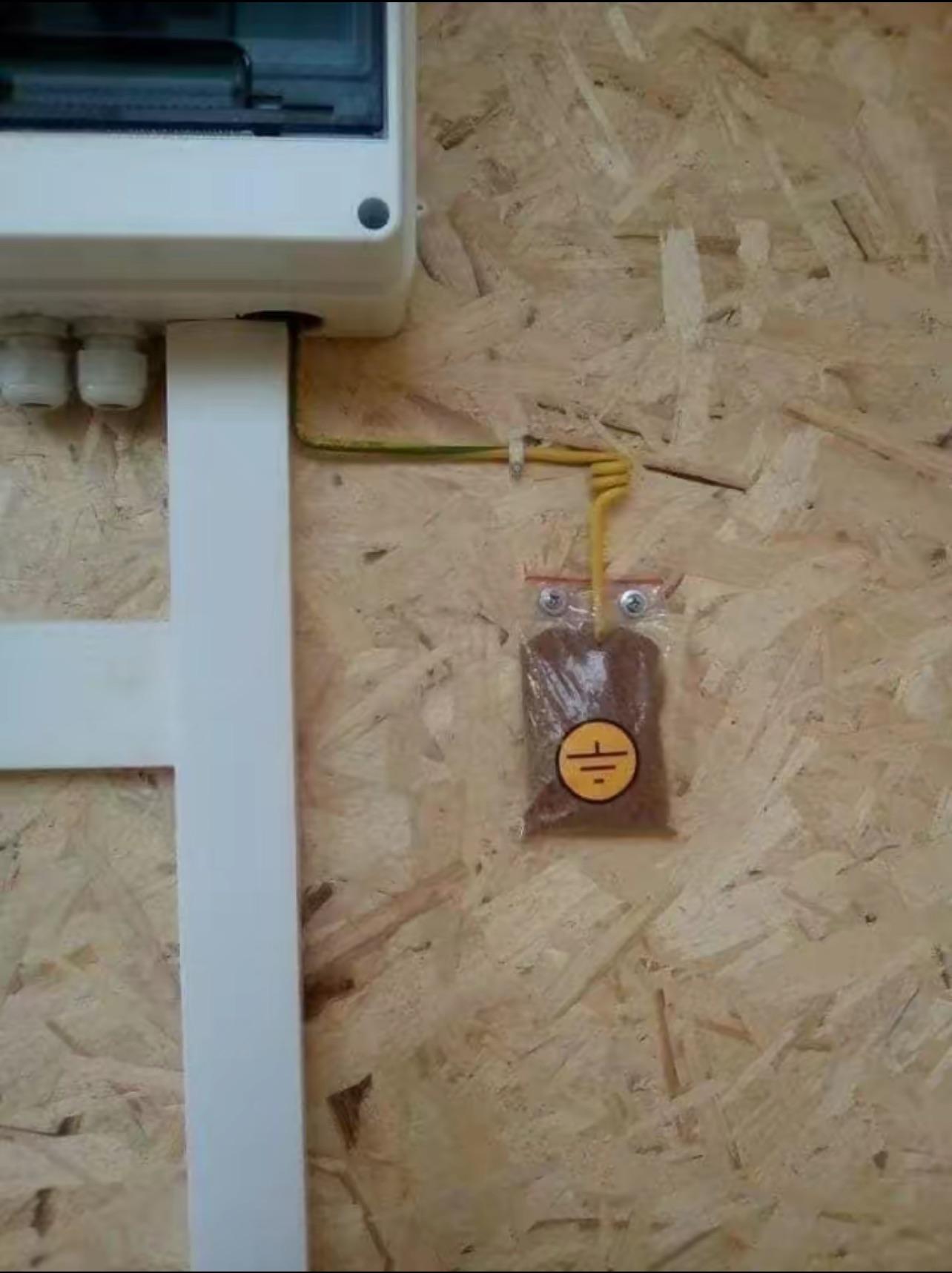this post was submitted on 18 Nov 2023
154 points (97.5% liked)
ISO - Incredible Solutions Only
659 readers
1 users here now
Anything is possible if you are creative enough. Who needs ISO/OSHA/DIN standards or safety precautions?
founded 1 year ago
MODERATORS
you are viewing a single comment's thread
view the rest of the comments
view the rest of the comments

If it isn't eventually connected to the actual ground then it isn't a real ground wire. It's a failsafe path so technically hot / neutral by themselves are sufficient for things to work but yes, ground should connect to the Earth. It's just usually at a single point near where the utility company has their meter.
Both neutral and ground are eventually connected to earth, to prevent lightning strikes from causing destruction on the rest of the grid (and, as far as I know, there's no other need for earthing). But the "ground" circuitry in your home should never be connected to earth. The whole point of having a ground is so that if metal casing becomes hot, the easiest path is back through a circuit breaker. If you connect your ground circuit to earth, it can bypass the breaker and hurt someone.
Again, not an electrician, consult a professional, etc etc.
Circuit breakers are on the hot lines, there isn't a case where high currents "bypass the breaker" (except for a bad install, which for this specific scenario wouldn't have anything to do with whether the neutral is connected to earth or not).
AFCI and GFCI breakers will care about the return path, but that is in addition to normal circuit breaker "does this exceed the current limit" behavior. And it is a very important reason not to connect the neutral to ground at the appliance level
Good to know